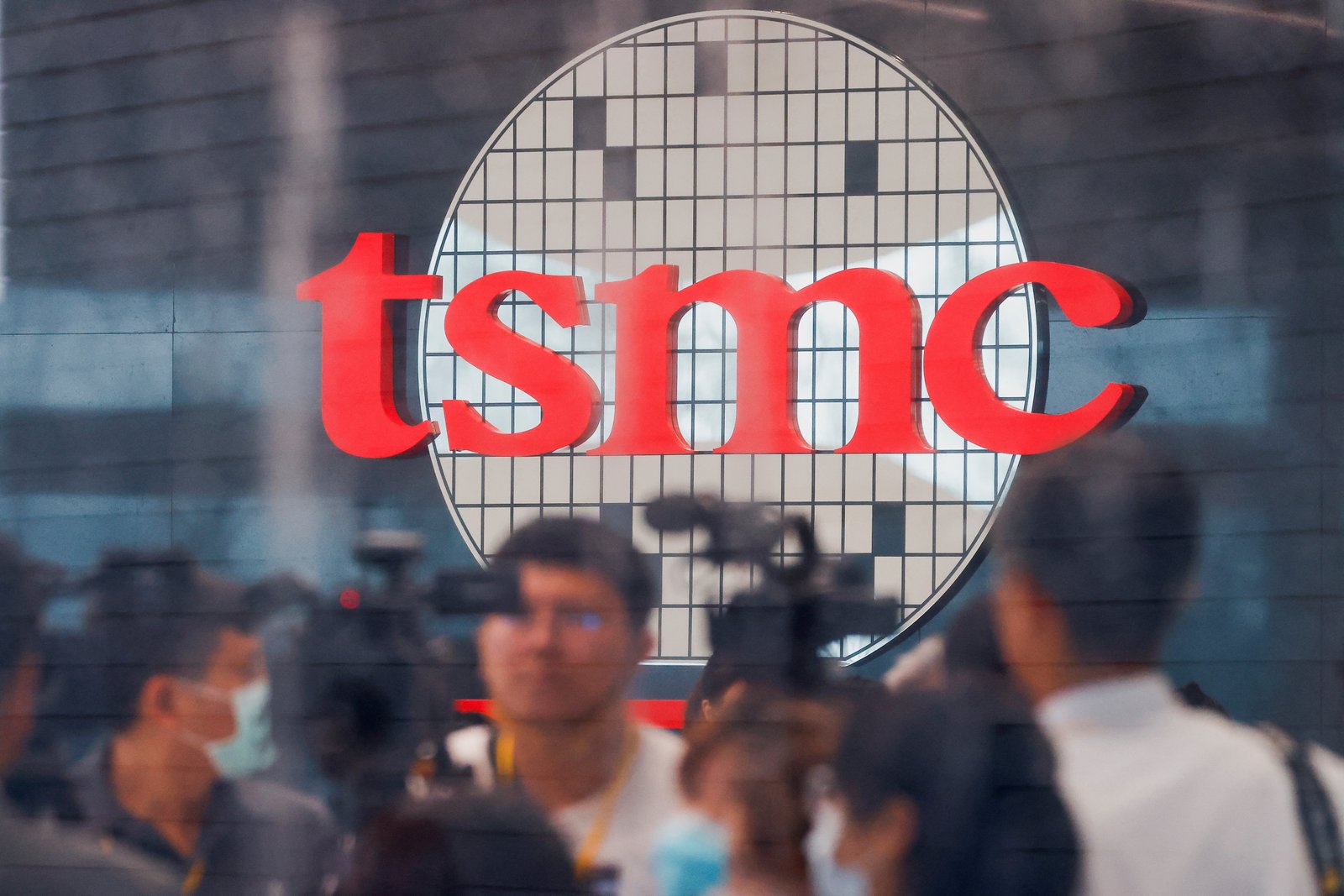The shares of several major Apple suppliers saw declines amid reports that China had expanded restrictions on the use of iPhones by state employees. This news has raised concerns about Apple’s sales prospects in one of its largest markets, China.
Sources familiar with the matter informed Reuters that staff in at least three Chinese ministries and government bodies were instructed not to use iPhones for work purposes.
Another factor contributing to the share price drops was the fear that Chinese mobile phone maker Huawei Technologies could emerge as a strong competitor to Apple. Huawei recently launched pre-sales for its new Mate 60 smartphone, which utilizes an advanced chip.
Taiwan’s TSMC, the world’s largest contract chipmaker and a significant Apple supplier, experienced a drop of approximately 0.7%, surpassing the benchmark index’s decline of about 0.3%.
Shares of ASE Technology Holding Co Ltd, one of the world’s largest semiconductor testing and packaging firms, fell over 2%, while camera lens-maker Largan Precision Co Ltd dropped more than 3%.
Allen Huang, executive director of Mega International Investment Services Corp in Taipei, suggested that China might further expand its restrictions on officials’ use of iPhones due to increasing Chinese nationalism influencing policy decisions. He also mentioned that Huawei’s new smartphones could put pressure on the sales of Apple’s upcoming iPhone 15, set to launch on Tuesday.
In China, Luxshare Precision Industry, a manufacturer of connector cables for iPhones and MacBooks, as well as AirPods, and which also owns factories capable of producing iPhones, saw a 1.5% decrease in its shares. Last week, the company’s shares were impacted by Huawei’s smartphone launch.
Japanese chip equipment maker Tokyo Electron dropped 4% on Friday.
Approximately one-fifth of Apple’s revenue comes from China, where the company and its suppliers employ thousands of workers. Apple’s CEO Tim Cook emphasized the company’s long-standing ties with China during a visit to Beijing in March.
On the other hand, semiconductor shares saw a 0.8% increase following Huawei’s Mate 60 Pro+ smartphone launch last week. This positive momentum was driven by the belief that Huawei had successfully overcome U.S. sanctions with its new chip technology.
Sunlour Pigment Co and Shenzhen Rongda Photosensitive & Technology Co experienced significant gains, surging 20% and nearly 10%, respectively. Semiconductor Manufacturing International Corp (SMIC) also added 0.7% to its share value.
The situation highlights the delicate balance of international business for companies like Apple, which rely heavily on Chinese consumers and manufacturing capabilities while navigating geopolitical tensions and market competition.









Leave a Reply